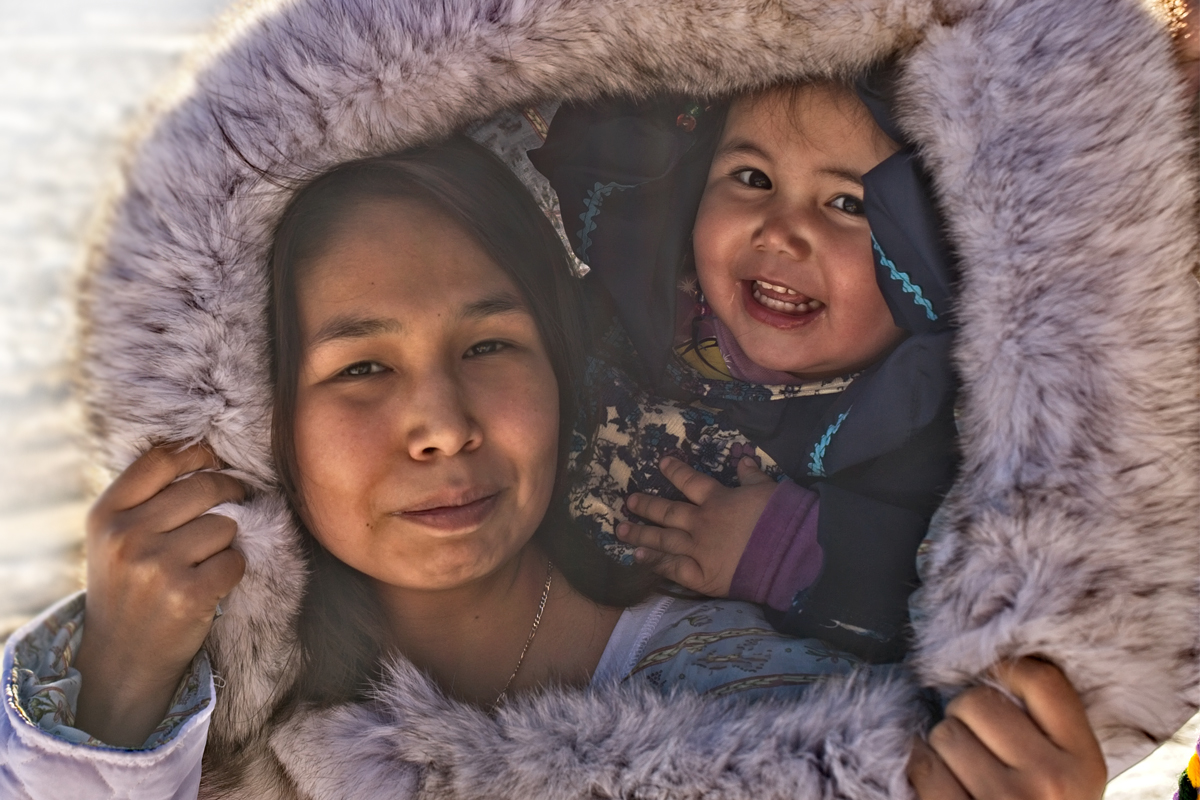
More than $1.9 million in funding will support the development of tools for the wellness and safety of Inuit in Manitoba.
UM health research projects awarded more than $12 million in federal funding
Studies focused on Inuit wellness in Manitoba and on severe tooth decay in First Nations and Métis children are among 19 UM projects to receive recent grants from the Canadian Institutes of Health Research.
A total of more than $12 million was awarded in the form of project and bridge grants, with study durations ranging from one to five years.
“Congratulations to all the dedicated UM researchers who were successful in this Spring 2021 funding competition,” said UM Vice-President (Research and International) Dr. Digvir Jayas.
“These professors have shown leadership in their fields and are advancing knowledge in several important areas of Indigenous health, as well as in illnesses such as kidney disease, heart disease, HIV, diabetes, cancer and psychiatric disorders.”
The UM project that received the largest grant, more than $1.9 million over five years, is titled Qanuinngitsiarutiksait.2: Developing tools for the wellness and safety of Inuit.
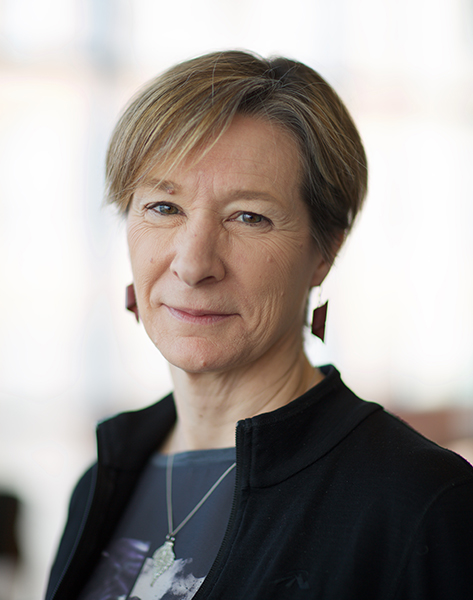
DR. JOSEE LAVOIE
Led by Dr. Josée Lavoie, professor of community health sciences and director of Ongomiizwin Research, the project builds on a previous study of service use by the thousands of Inuit from Nunavut who come to Manitoba to access services.
The new study will focus on how Inuit concepts of wellness can be used to create healing programs in Winnipeg that reflect Inuit values. The researchers plan to develop and implement several programs, such as one tailored to the needs of Inuit families involved with Child and Family Services.
A five-year grant of more than $1.4 million was awarded to the project Oral microbiome and caries risk in young First Nations and Métis children in Manitoba.
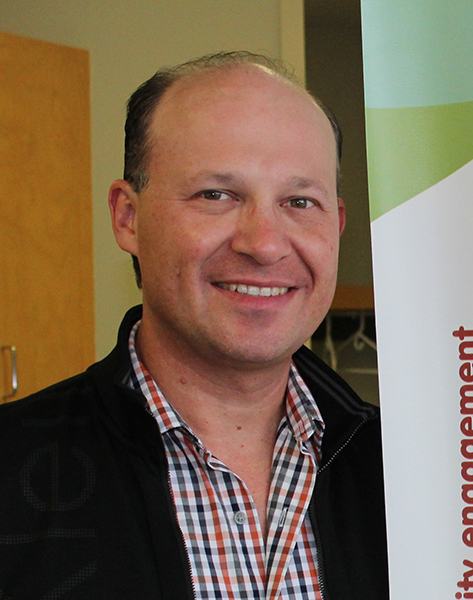
DR. ROBERT SCHROTH
A team led by Dr. Robert Schroth, professor of preventive dental science in the Dr. Gerald Niznick College of Dentistry and researcher with the Children’s Hospital Research Institute of Manitoba (CHRIM), will examine the dental microbiome that is associated with the severe form of baby-tooth decay that affects many First Nations and Métis preschoolers.
The aim is to understand why only some dental microorganisms cause tooth decay, and the environmental factors that may influence this process.
Here’s a look at the other funded studies and lead investigators. More information on the studies and research teams is available here.
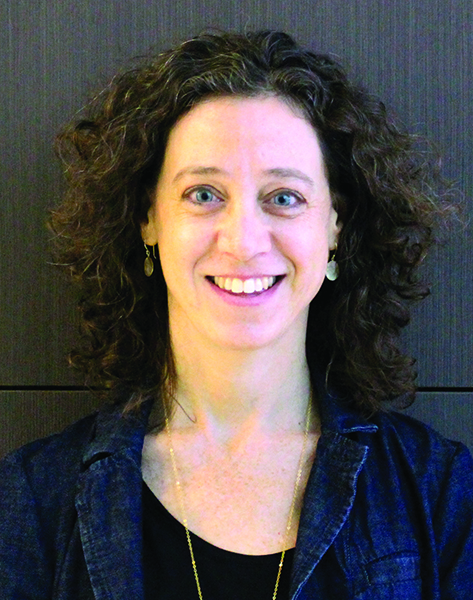
Dr. Marissa Becker, associate professor, medical microbiology & infectious diseases, Max Rady College of Medicine
Grant: $200,000 (two years)
Becker’s team will study sexually transmitted and blood-borne infections (STBBI) among military personnel in Ukraine, examining how they contribute to broader STBBI epidemics amid the armed conflict in that country.
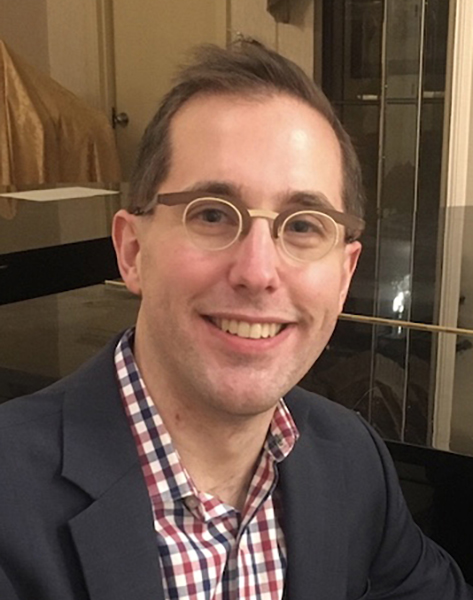
Dr. David Collister, assistant professor, internal medicine, Max Rady College of Medicine
Grant: $321,300 (three years)
Collister seeks to determine which uremic toxins are responsible for individual disease symptoms in advanced chronic kidney disease, and which symptoms respond to dialysis. The findings will inform dialysis decision-making.
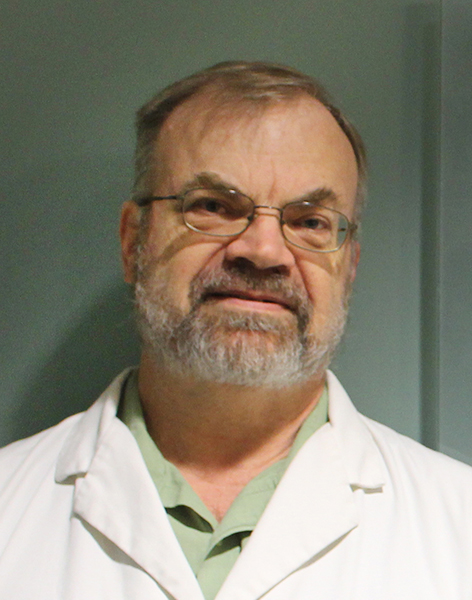 Dr. Kevin Coombs, professor, medical microbiology & infectious diseases, Max Rady College of Medicine
Dr. Kevin Coombs, professor, medical microbiology & infectious diseases, Max Rady College of Medicine
Grant: $100,000 (one year)
Coombs will examine human cells’ susceptibility to the Zika virus, which is transmitted by a mosquito that is becoming known in Canada. He aims to understand how cellular genes and proteins work to allow or inhibit Zika growth.
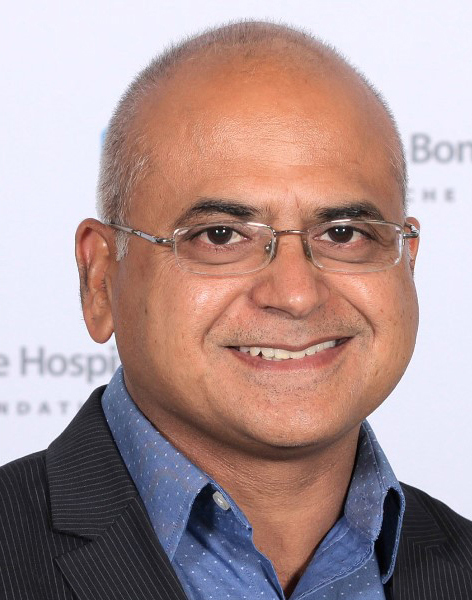 Dr. Sanjiv Dhingra, associate professor, physiology & pathophysiology, Max Rady College of Medicine; principal investigator, Institute of Cardiovascular Sciences, St. Boniface Hospital Research Centre
Dr. Sanjiv Dhingra, associate professor, physiology & pathophysiology, Max Rady College of Medicine; principal investigator, Institute of Cardiovascular Sciences, St. Boniface Hospital Research Centre
Grant: $960,076 (five years)
Dhingra’s study relates to the potential of using transplanted stem cells from healthy donors to treat heart disease. He will investigate why transplanted stem cells are ultimately rejected by the host’s immune system, and how to prevent this.
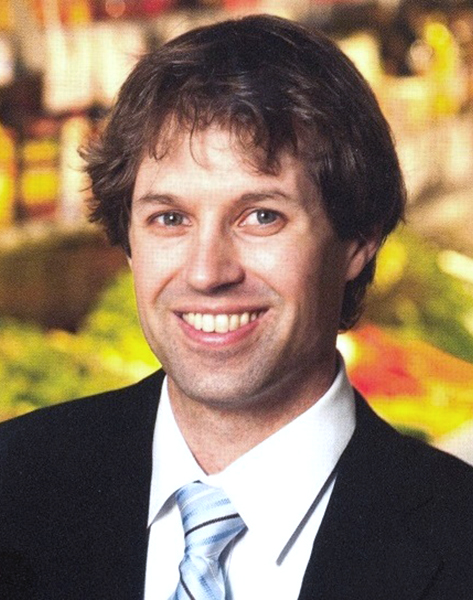 Dr. Vernon Dolinsky, associate professor, pharmacology & therapeutics, Max Rady College of Medicine; researcher, CHRIM
Dr. Vernon Dolinsky, associate professor, pharmacology & therapeutics, Max Rady College of Medicine; researcher, CHRIM
Grant: $822,376 (five years)
Dolinsky’s team has found that the offspring of mothers who had gestational diabetes are at risk of later heart failure. His study will investigate the role of a cellular protein that could prevent damage to the heart and allow it to pump better.
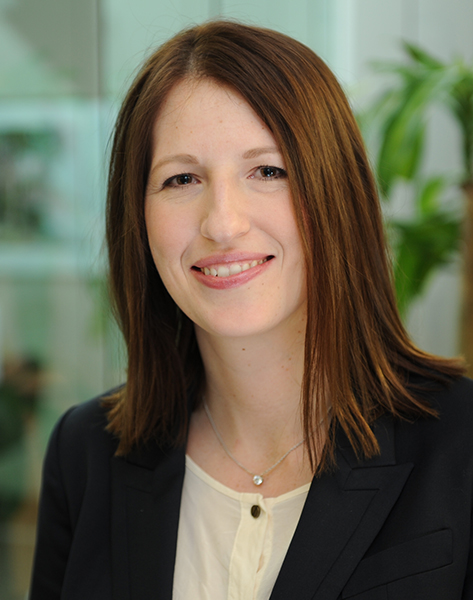 Dr. Krista Hardy, assistant professor, surgery, Max Rady College of Medicine
Dr. Krista Hardy, assistant professor, surgery, Max Rady College of Medicine
Grant: $470,475 (four years)
Hardy aims to better understand the experiences of Indigenous patients who undergo bariatric surgery in Manitoba as a treatment for obesity. Her project will incorporate and assess Indigenous healing and wellness practices in bariatric surgery care.
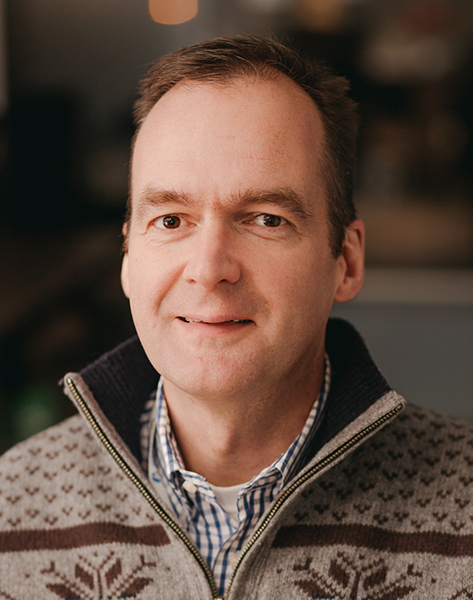 Dr. Richard Keijzer, professor, surgery, Max Rady College of Medicine; researcher, CHRIM
Dr. Richard Keijzer, professor, surgery, Max Rady College of Medicine; researcher, CHRIM
Grant: $233,324 (three years)
Keijzer’s team has created a database of more than 750 Manitobans who were born with a congenital anomaly that required surgery at birth. By linking this to population data, the team will conduct a follow-up study of the patients’ medical, educational and socio-economic outcomes.
Grant: $749,700 (five years)
Keijzer will also lead an international team of experts on congenital diaphragmatic hernia (CDH) to determine the role of circular RNAs in these infants’ abnormal lung development. The results will help to better predict outcomes in babies with CDH.
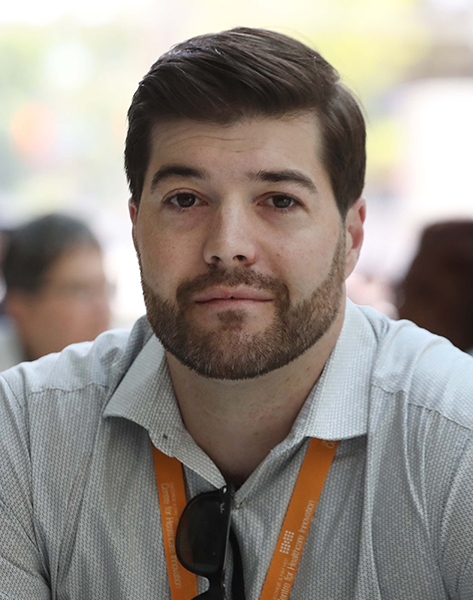 Dr. Dylan MacKay, assistant professor, community health sciences, Max Rady College of Medicine
Dr. Dylan MacKay, assistant professor, community health sciences, Max Rady College of Medicine
Grant: $100,000 (one year)
MacKay will enrol patients with chronic kidney disease in a one-year, randomized study comparing methods of reducing dietary acid. Half the patients will take baking soda pills, while the other half will have fruits and vegetables delivered to them to reduce acid through diet.
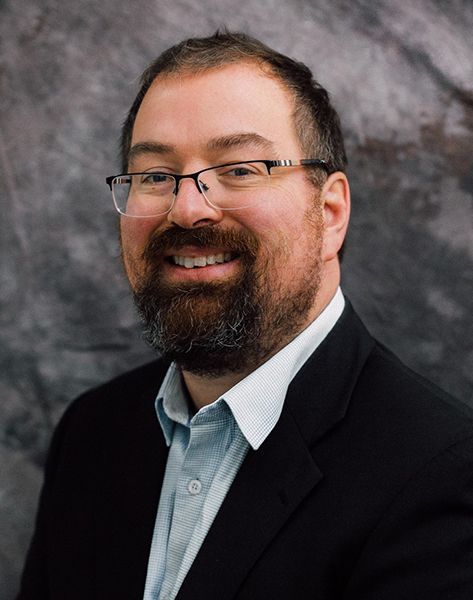 Dr. Lyle McKinnon, associate professor, medical microbiology & infectious diseases, Max Rady College of Medicine; researcher, CHRIM
Dr. Lyle McKinnon, associate professor, medical microbiology & infectious diseases, Max Rady College of Medicine; researcher, CHRIM
Grant: $300,000 (three years)
McKinnon’s team has previously found that vaginal inflammation increases a woman’s risk of becoming HIV-infected if exposed. His study focuses on regulatory T cells and their potential to control female genital inflammation as an HIV prevention strategy.
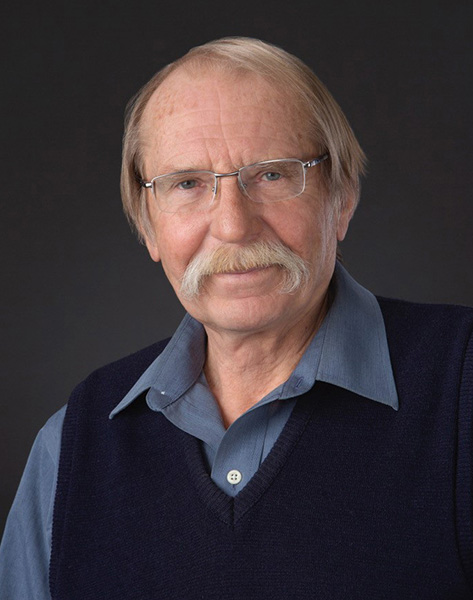 Dr. James Nagy, professor, physiology & pathophysiology, Max Rady College of Medicine
Dr. James Nagy, professor, physiology & pathophysiology, Max Rady College of Medicine
Grant: $742,050 (five years)
Nagy’s study builds on his previous research on how nerve cells in the brain communicate at electrical synapses, how protein components function in this transmission, and how malfunctioning of these mechanisms contributes to neurological disorders.
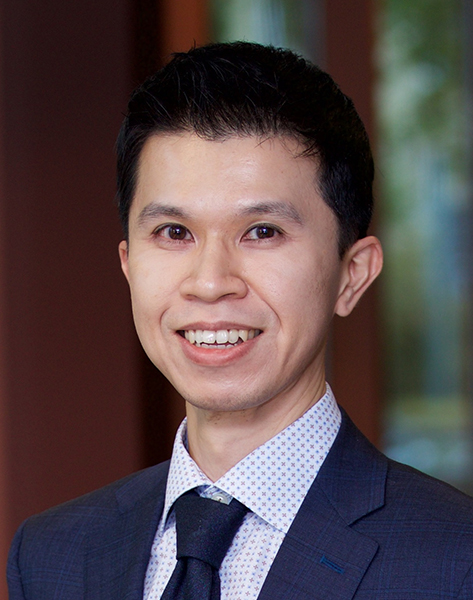 Dr. Marcus Ng, associate professor, internal medicine, Max Rady College of Medicine
Dr. Marcus Ng, associate professor, internal medicine, Max Rady College of Medicine
Grant: $548,890 (five years)
Ng will analyze data from patients with epilepsy to compare the brain zone of epileptic activity during rapid eye movement sleep, other stages of sleep, and wakefulness. Better mapping of where seizures arise could allow more patients to undergo life-changing neurosurgery.
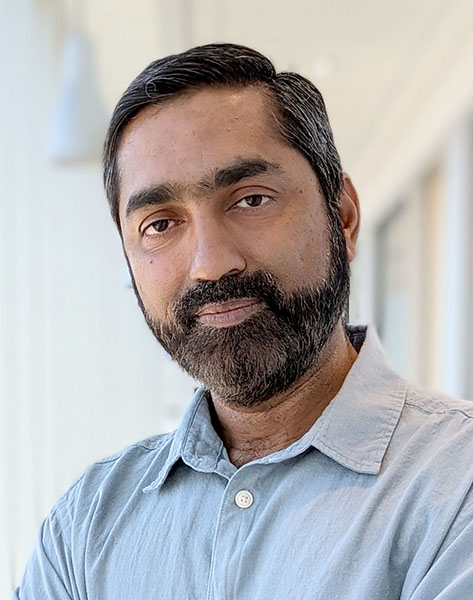 Dr. Tabrez Siddiqui, associate professor, physiology & pathophysiology, Max Rady College of Medicine
Dr. Tabrez Siddiqui, associate professor, physiology & pathophysiology, Max Rady College of Medicine
Grant: $983,026 (five years)
Siddiqui will investigate, in mice, how a type of altered biochemical signaling affects the brain, producing deficits such as those in autism and schizophrenia. The goal is to increase understanding of neuropsychiatric disorders so that drug targets can be identified.
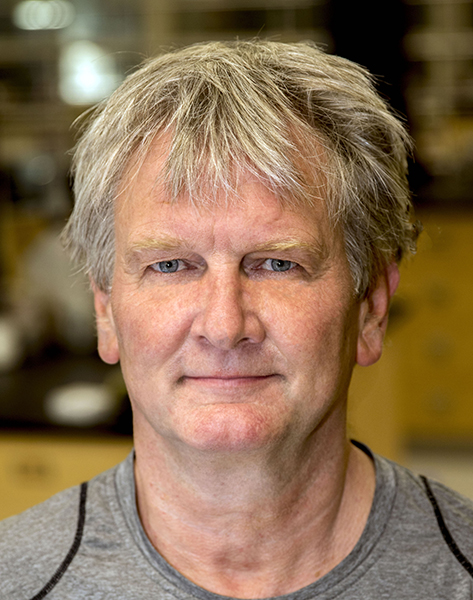 Dr. Jörg Stetefeld, professor, biochemistry, Faculty of Science; Canada Research Chair in structural biology and biophysics
Dr. Jörg Stetefeld, professor, biochemistry, Faculty of Science; Canada Research Chair in structural biology and biophysics
Grant: $742,050 (five years)
Stetefeld will pursue a molecular study of connective tissue growth factor (CTGF), a protein involved in cancerous tumor development and tissue fibrosis. He aims to develop new therapeutic targets based on understanding the role of CTGF.
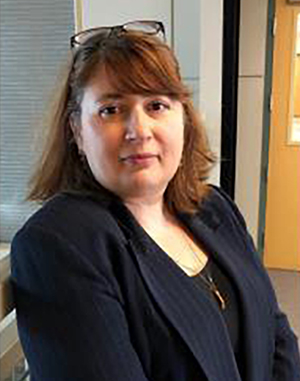 Dr. Julia Uhanova, associate professor, internal medicine, Max Rady College of Medicine
Dr. Julia Uhanova, associate professor, internal medicine, Max Rady College of Medicine
Grant: $573,751 (two years)
Uhanova will explore whether adherence to a traditional First Nations land-based diet decreases the severity of non-alcoholic steatohepatitis, an aggressive form of fatty liver disease. This inflammatory disease has a high prevalence among First Nations.
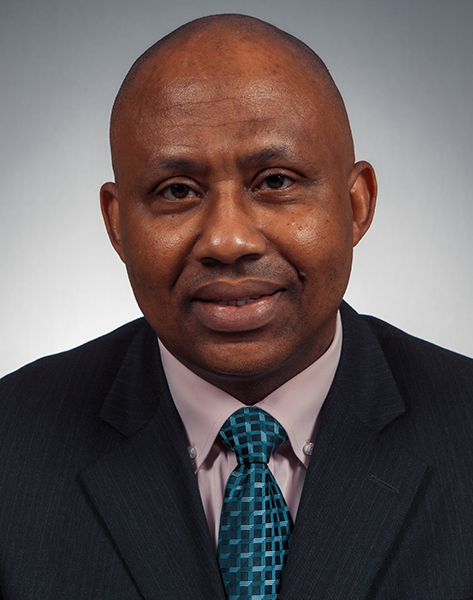 Dr. Jude Uzonna, professor, immunology, Max Rady College of Medicine
Dr. Jude Uzonna, professor, immunology, Max Rady College of Medicine
Grant: $990,676 (five years)
Uzonna’s study focuses on how the body maintains immunity after recovery from leishmaniasis, a parasitic disease. Understanding factors that regulate the antigen-specific memory response to the disease will aid progress toward a vaccine.
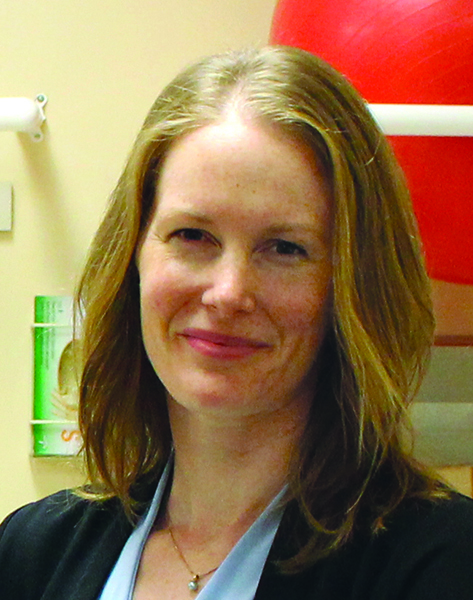 Dr. Kristy Wittmeier, associate professor, pediatrics & child health, Max Rady College of Medicine; researcher, CHRIM
Dr. Kristy Wittmeier, associate professor, pediatrics & child health, Max Rady College of Medicine; researcher, CHRIM
Grant: $240,976 (two years)
Building on her previous research, Wittmeier will study knowledge-sharing networks in child development and rehabilitation in Canada. Her team will make recommendations to improve these networks to better serve children’s needs.






